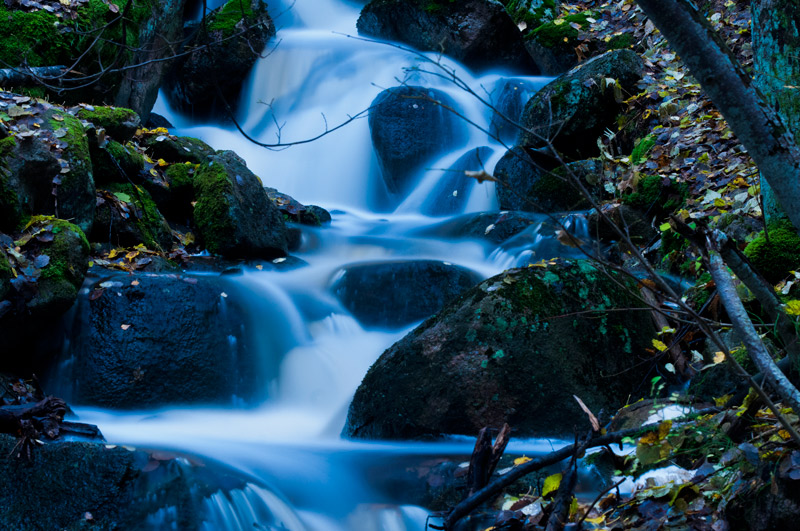When you are out on a backpacking adventure, clean water is essential. Without it, you may become dehydrated and suffer from gastrointestinal illnesses. The best way to ensure safe drinking water is to bring along a water filter designed specifically for backpacking.
Types of Water Filters
When choosing the best water filter for backpacking, there are several types to choose from. Each type has its own advantages and disadvantages and should be selected based on your individual needs.
The simplest type of filter is an in-line filter that attaches directly to your hydration bladder or bottle. This type of filter removes protozoa, bacteria, and sediment from your water as you drink it. It is lightweight and easy to use but does not remove viruses or chemicals from the water.
A pump-style filter uses a hand pump to force contaminated water through a hollow fiber membrane or activated carbon filter. This type of filter will remove protozoa, bacteria, sediment, and viruses; however, it can be bulky and difficult to use in some situations.
Gravity filters are another option for filtering contaminated water during backpacking trips. This type of filter uses the force of gravity to push contaminated water through a hollow fiber membrane or activated carbon filter. Gravity filters are lightweight, easy to use, and can remove protozoa, bacteria, sediment, and viruses from your drinking water.
The final type of backpacking filter is an ultraviolet (UV) light purifier. UV light purifiers use ultraviolet light waves to kill bacteria in the water without any chemicals or filters needed. These types of filters are lightweight and easy to use but will not remove protozoa or sediment from your drinking water.
What To Consider When Choosing A Filter
When selecting a backpacking water filter, there are several factors that should be taken into consideration including: weight, filtration capabilities, ease of use, cost, durability, maintenance requirements.
Weight:
A lightweight filter is essential when carrying all your gear with you on long hikes or camping trips; therefore weight should be taken into consideration when selecting a backpacking filter.
Filtration Capabilities:
It’s important to select a backpacking water filter that meets your specific needs; meaning it should have the capability to remove protozoa, bacteria (including E Coli), sediment and viruses if needed.
Ease Of Use:
If you plan on using a variety of different sources for your drinking water (rivers/lakes/streams) then ease of use should also be factored into your decision.
Cost:
Backpacking filters range widely in cost depending on their capabilities so make sure you select one that fits within your budget while still meeting all your needs.
Durability:
Durability is key when selecting gear for outdoor activities; look for durable materials such as stainless steel or plastic that can withstand wear and tear.
Maintenance Requirements:
Many types of backcountry filters require regular cleaning and maintenance in order for them to continue working properly; so make sure you select one that doesn’t require too much extra work.
Conclusion
Choosing the right backpacking water filter depends on several factors including weight limitations, filtration capabilities needed (removal of protozoa/bacteria/sediment/viruses), ease-of-use desired (gravity vs pump vs UV light), cost limitations (budget friendly), durability desired (materials used) as well as maintenance requirements (regular cleaning). Make sure you take all these factors into consideration before making your purchase so you get exactly what you need!

